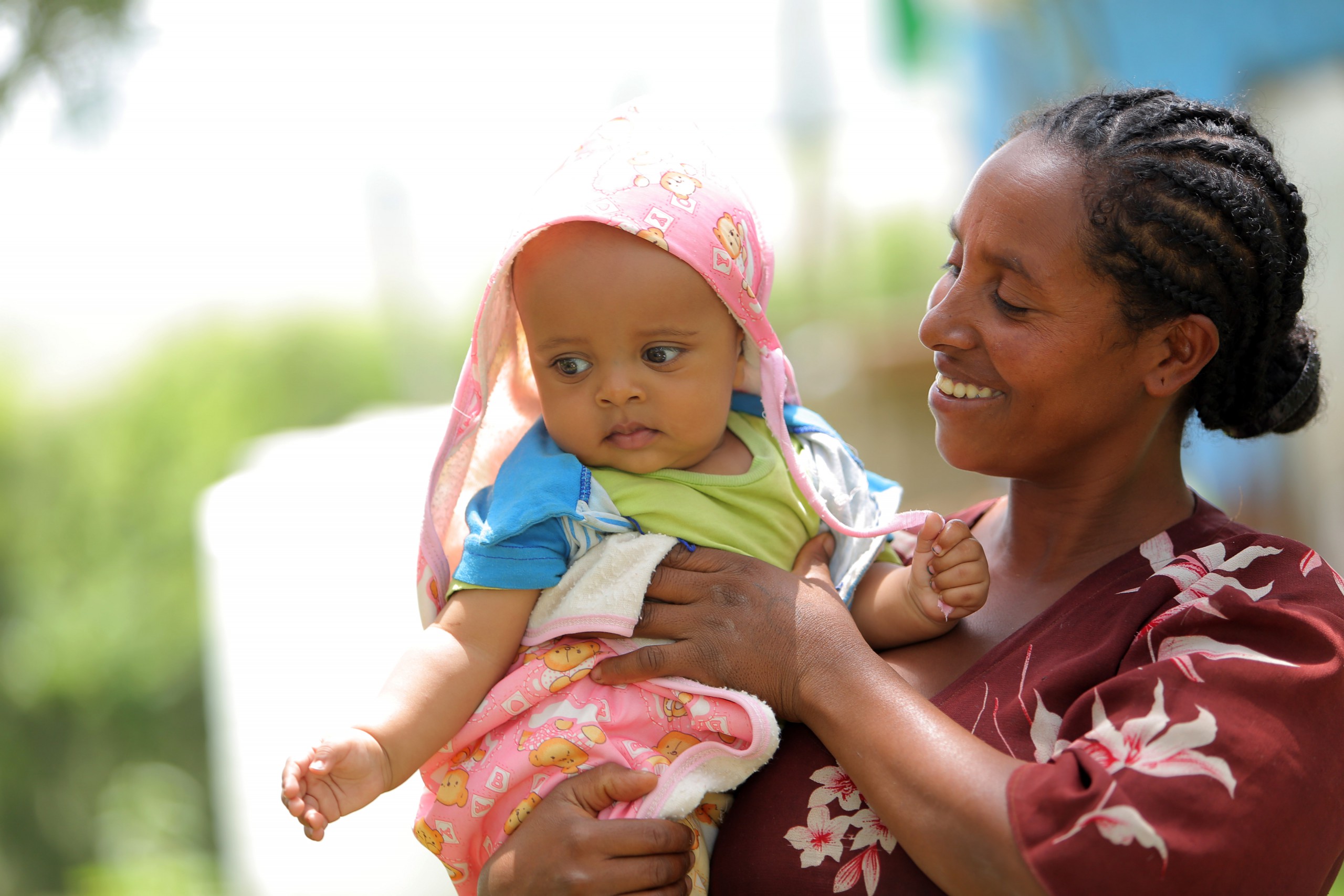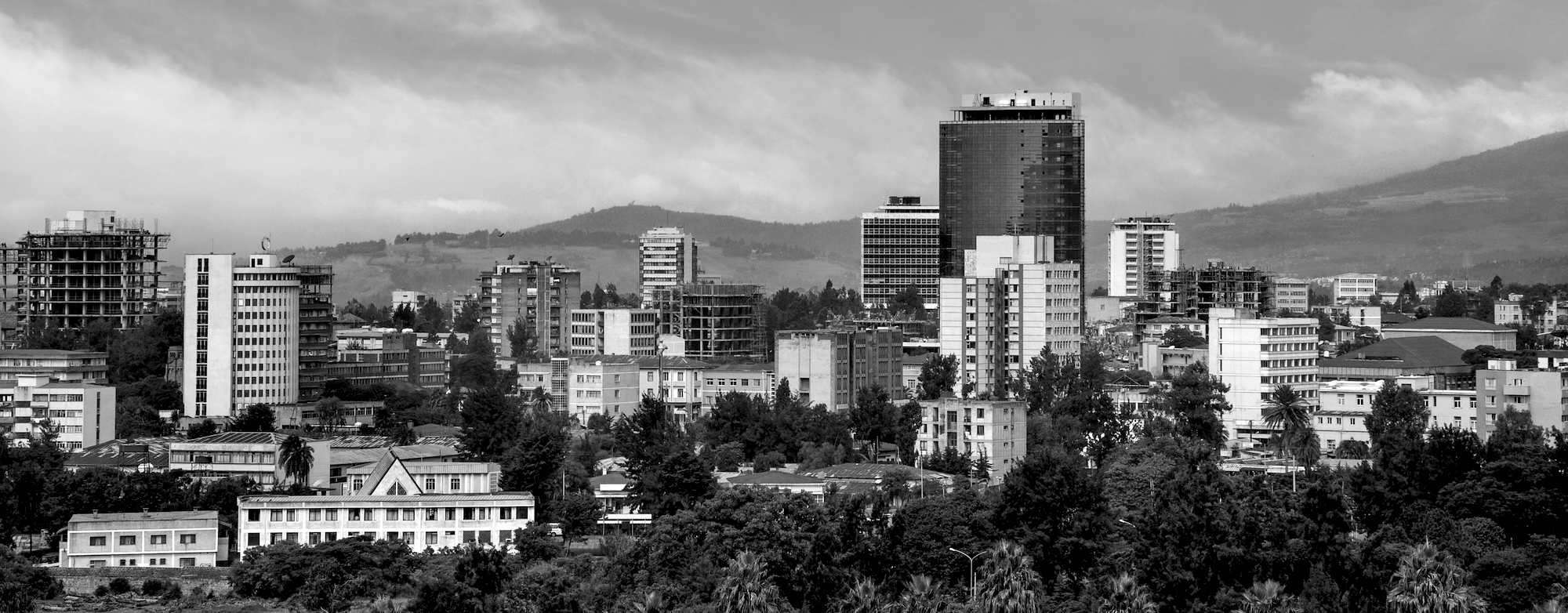In 2015, the Ethiopian government issued the Seqota Declaration, the government’s bold pledge to eliminate childhood stunting by 2030. Stunting impacts both the body and the brain, limiting children’s individual futures and taking a huge toll on national economic output.
The government launched the program in the Seqota Region, where five million people live in exceptionally challenging terrain. Many Ethiopians associate Seqota with the 1983-85 famine, and through the Seqota Declaration the government was determined to eliminate stunting there and to reverse that image.
Stunting has multiple interrelated causes that can be rooted in nutrition, sanitation, water availability, social protection, education, or agricultural productivity. The Ethiopian government’s transformative move has been (a) to make stunting-reduction a national priority with the highly ambitious target of eliminating stunting altogether, (b) to appoint the Deputy Prime Minister to coordinate ten ministries and multiple subnational regions behind a multisectoral strategy with one budget, one plan, and one tracking indicator, (c) to have those sectors co-design the program’s roadmap based on evidence from a baseline survey, and (d) to launch the program in one of the most difficult, highest prevalence regions of the country, with a clear plan for expanding nationwide. All of the participating ministries and regions have agreed to use regular Growth Monitoring and Promotion – weighing and measuring children, and intervening when children are underweight – as the proxy indicator for the program’s success. The government’s goal is routinely to reach 85% of children.
After demonstrating its initial effectiveness, the work in the Seqota region received $48 million in support from the African Development Bank to bring it to scale. The Seqota Declaration subsequently expanded to over 300 woredas (districts) across the country with a population of over 50 million people.
A Lives Saved Tool analysis conducted by Johns Hopkins University showed annual reductions of 3% in stunting rates in the original Seqota woredas from 2018 to 2020, some of the fastest reductions on record. Lives Saved Tools analyses are now performed annually to track success and continue to show impressive results.

